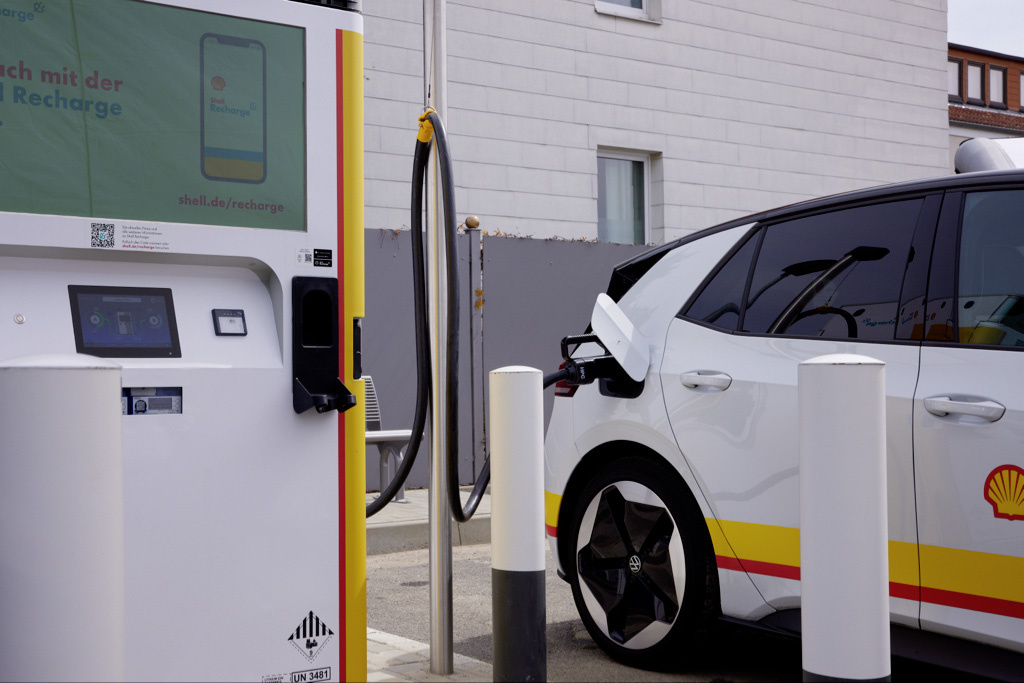
VW and Shell to install battery-boosted DC chargers

Volkswagen and Shell opened their first ‘Flexpole’ DC charging point in Göttingen, Germany /Volkswagen
Volkswagen and Shell Germany have put the first battery-boosted charging station into operation at a Shell gas station in Göttingen, German


Comments
Ready to join the conversation?
You must be an active subscriber to leave a comment.
Subscribe Today